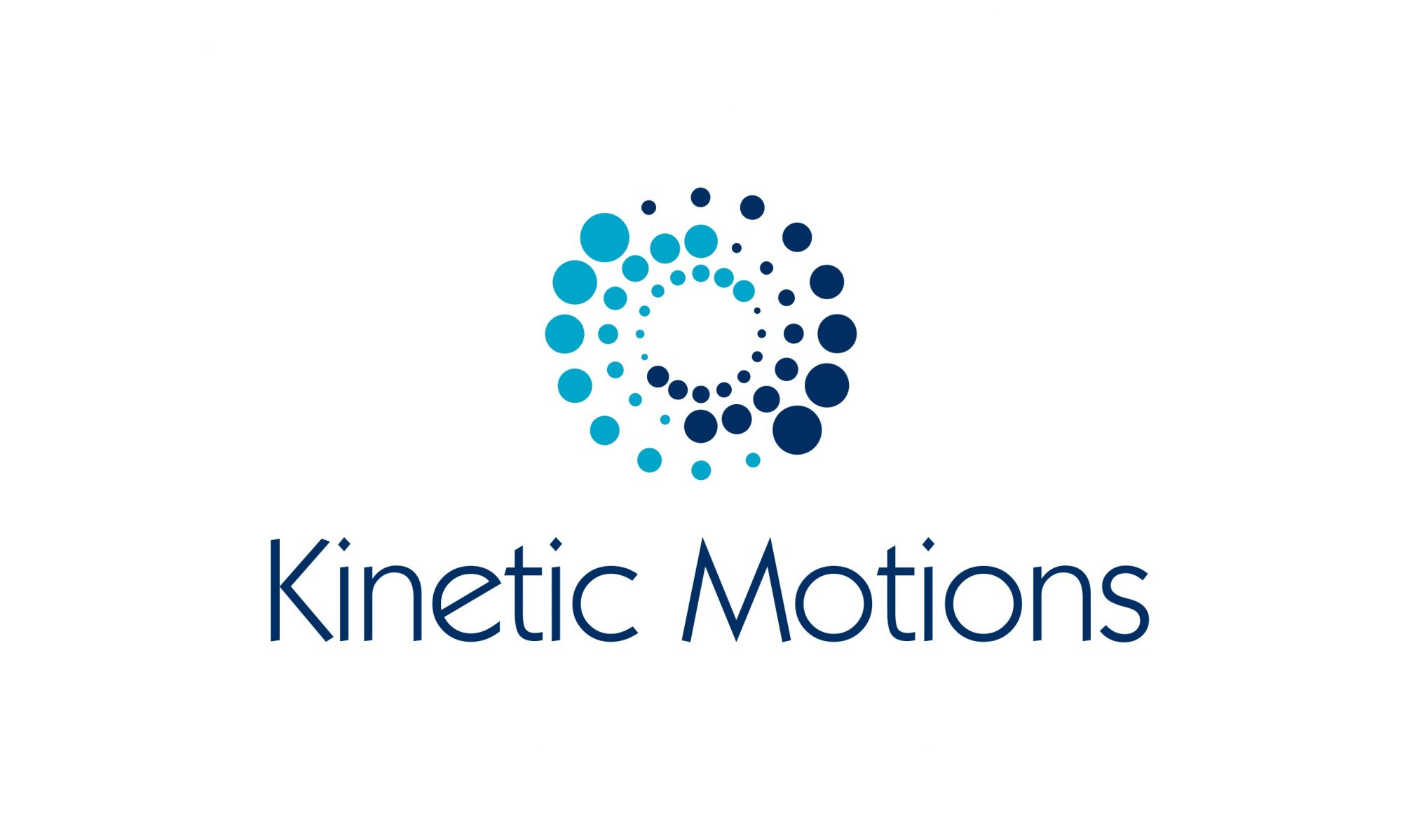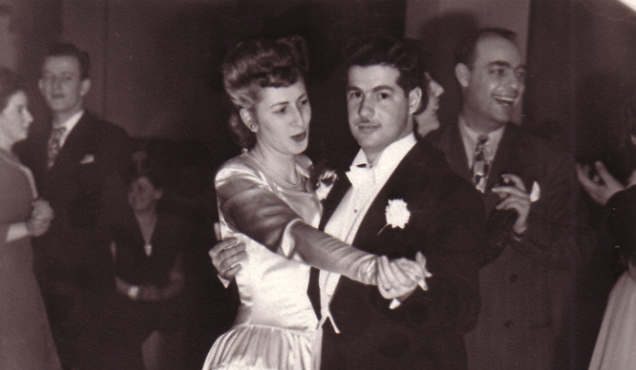Who am I? What are my interests? How do I define myself? These are questions we’ve all asked ourselves – or we’ve been asked in interviews or conferences or team meetings. Using a bit of alliteration, and maybe a bit of creativity, I thought about this recently and came up with: I’m all about bagels, balance and baseball. I hope I made you giggle a bit, or maybe you are thinking of a letter of the alphabet that you can choose to find words that describe you. Let me explain.
Sometimes, late at night, or I admit, even in the middle of the night, I have a sudden idea of a topic I want to write about. I have a notes folder in my phone where I jot down blog ideas, so that if something comes upon me I can note it before the idea fizzles away by the morning. When I read some of the notes the next day, some make perfect sense and others are pure nonsense.
Bagels, balance and baseball sits somewhere in between. I don’t know why these words came into my head late at night recently, but I jotted them down. Maybe I was listening to the news, or I read it on social media, or maybe my husband mentioned something to me. I jotted other notes after the three words, and those made no sense.
But I can’t get these three words out of my head. While I am not defined by bagels, balance or baseball, they do help tell my story. They are key words that help me share a bit about me as a person, beyond my professional persona.
Bagels
This single word says a lot about me. First of all, I love bagels – Montreal bagels to be exact. My parents and grandparents were all born and raised in Montreal, where the humble bagel is a staple of the diet. The bagel dates back, in many forms, to Poland, and it was brought to North America by Jewish immigrants – first to New York, but then beyond, to places like Montreal.
So, the bagel connects me with a humble food that I love, to my Jewish heritage, and my love of baking (and cooking too!). I love to explore my creativity in the kitchen. I like to take an interesting recipe and do my version of it – add an ingredient, take other ingredients away or play with the ratios. I love making challah, and lately, I’ve been experimenting with different kinds of muffins. The latest one I’m intrigued with is caramel swirl!
Balance
This one is a bit more abstract, but stay with me here – it will make sense. I have always wanted to find balance in my life – to make sure I prioritize what matters but to also find time and space to destress. Whether it was in school or my career, I was always all in. I have always taken responsibility seriously, pushing myself so hard sometimes that I either disregarded what else mattered or I tried to do too much that I was not successful.
I could lean on the clichés like “you can’t do it all” or everyone needs a “work-life balance,” but that doesn’t work for me. Right now I am focused on understanding how to honour and respect all the different parts of my life – professionally and personally. Too much of anything isn’t good for anyone. My family needs me more than ever. I need to pursue career ambitions and take some risk. There has to be time for me, to just be a person and do things I love. So, have I found balance yet? No. But I’m trying. I’m really trying.
Baseball
This one is easy. I have loved baseball since the first Blue Jays’ game I went to, at the old Exhibition stadium, when I was a kid. It’s the right pace for me, it has so many twists and turns, and as a mother, it’s one of the ways I’ve connected with my son.
I’m quite sure my love of baseball was one reason I stood up in grade 11 chemistry and announced I wanted to pursue a career in sports media. I even lived that dream for a short time in my first job in radio, when I filled in as the station’s baseball reporter.
I don’t play baseball (isn’t often said that those who can’t play… teach or write?!), but it’s a passion of mine, that connects my professional and personal life. It may, one day be the focus of my son’s professional life, and as a sport with its special twists and turns, maybe it will always be part of my life in ways I don’t even know yet.
So, maybe baseball isn’t so easy. Yes, I love this sport, but it also makes me think of my love of skiing, and now, yikes, even snowboarding (yes, I promise to write more on that journey soon!). I’ve even taken up yoga, which actually fits nicely into the “balance” area. Yoga forces me to slow down, to focus on my breathing, and sometimes on trying to stand on one foot. I highly recommend it.
Bagels, balance and baseball are not descriptive of everything about me. If you have read Kinetic Motions, you know there’s more to me than these three words. But it’s been a good exercise, to think a bit about who I am and what matters. Take a moment to do the same. I promise you, it’s worth it.






 It’s like the light is going out in the world. I recently wrote about that wonderful feeling at the
It’s like the light is going out in the world. I recently wrote about that wonderful feeling at the 


 I keep thinking back to how I felt, when the room was bathed in light a couple days ago, by the nine candles of the Chnaukiah. It’s a similar feeling to seeing the colourful bulbs of a Christmas tree or the diyas (small oil lamps) that may line a walkway on Diwali. They all bring light to the darkness.
I keep thinking back to how I felt, when the room was bathed in light a couple days ago, by the nine candles of the Chnaukiah. It’s a similar feeling to seeing the colourful bulbs of a Christmas tree or the diyas (small oil lamps) that may line a walkway on Diwali. They all bring light to the darkness. The light brings people together, and I really believe it has the potential to make good things happen. Think of the Olympic flame, which shines bright over the iconic games. Thousands of athletes, from diverse cultures and races, for the most part, put controversies or disagreements aside to share in the joy of sport. And overtop, especially at night, is that beautiful flame, reminding everyone that with light comes optimism and joy. It pushes us to do good things.
The light brings people together, and I really believe it has the potential to make good things happen. Think of the Olympic flame, which shines bright over the iconic games. Thousands of athletes, from diverse cultures and races, for the most part, put controversies or disagreements aside to share in the joy of sport. And overtop, especially at night, is that beautiful flame, reminding everyone that with light comes optimism and joy. It pushes us to do good things. So, we can’t light Chanukah candles every night (though my kids would love that, as that means a gift every night of the year!). But, metaphorically, we also can’t let the light go out. We need to imprint that light in our heads, remember that wonderful feeling of the warmth of the glow around us, when the candles are burning bright.
So, we can’t light Chanukah candles every night (though my kids would love that, as that means a gift every night of the year!). But, metaphorically, we also can’t let the light go out. We need to imprint that light in our heads, remember that wonderful feeling of the warmth of the glow around us, when the candles are burning bright.






